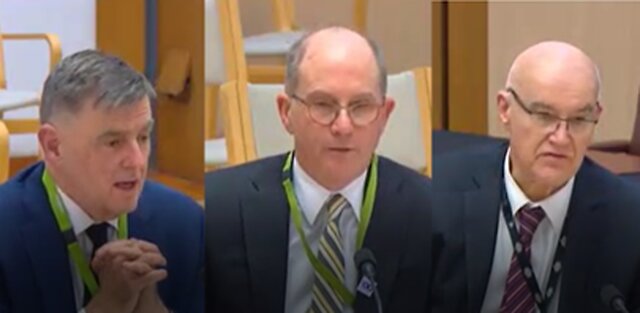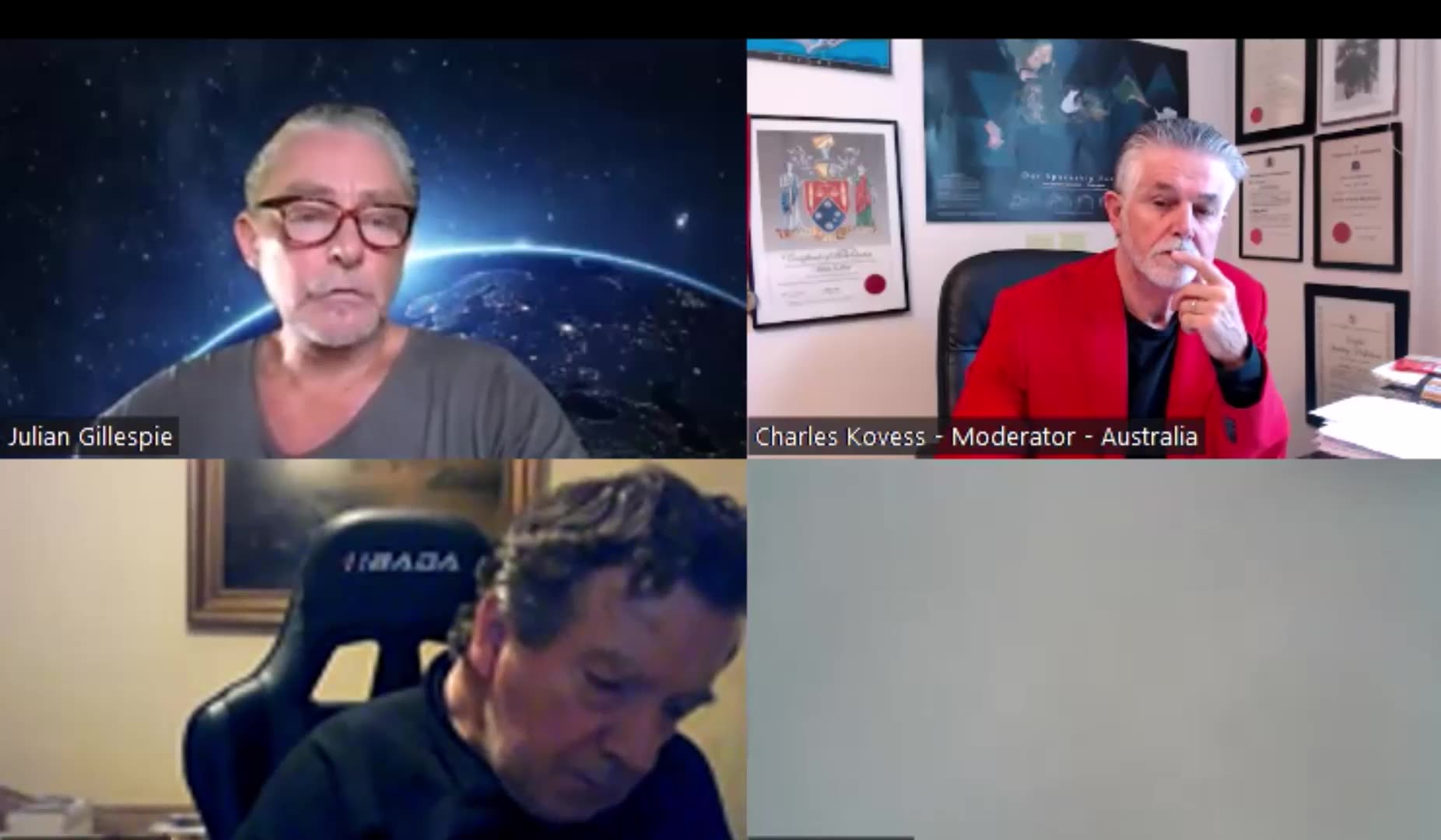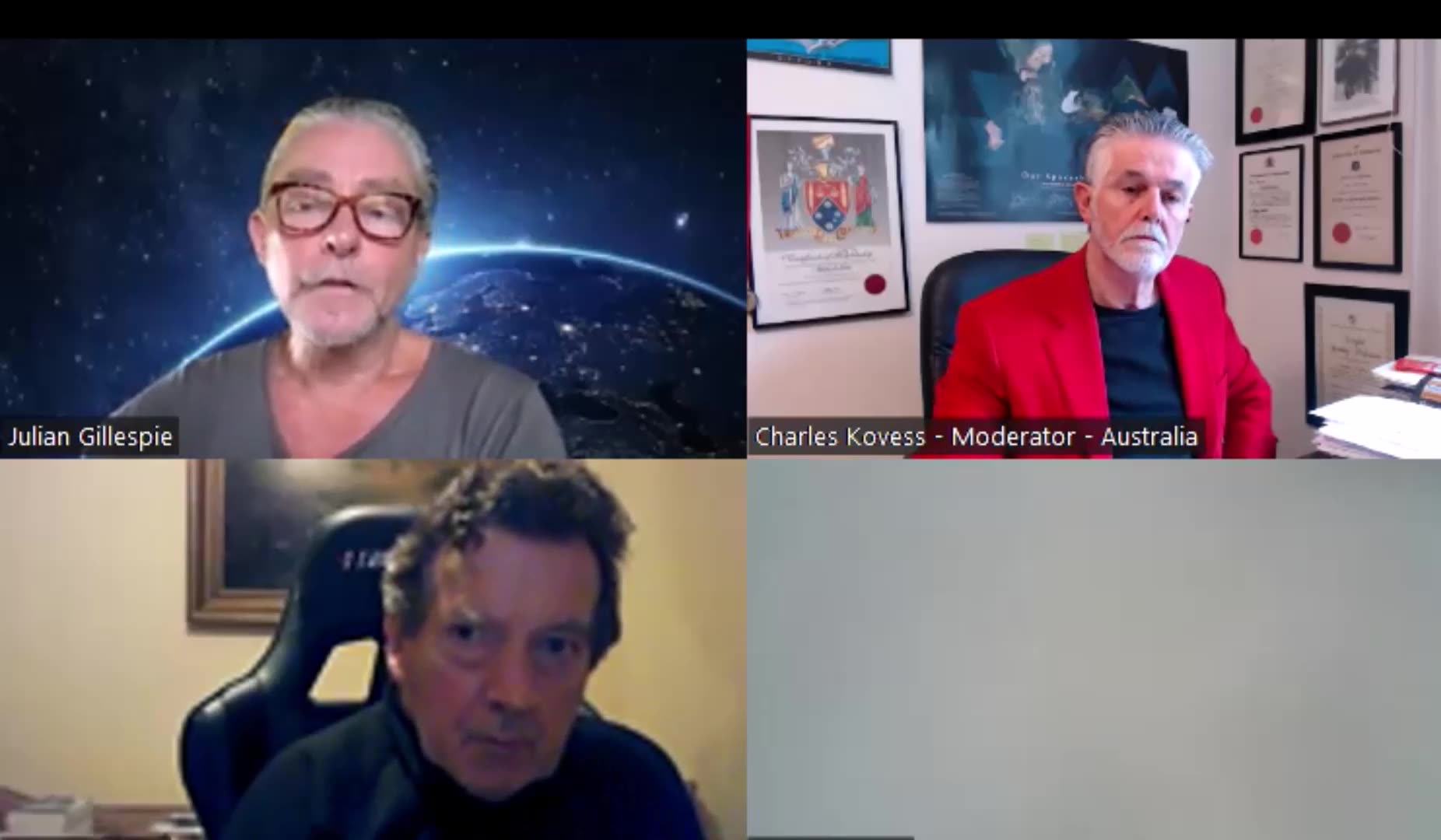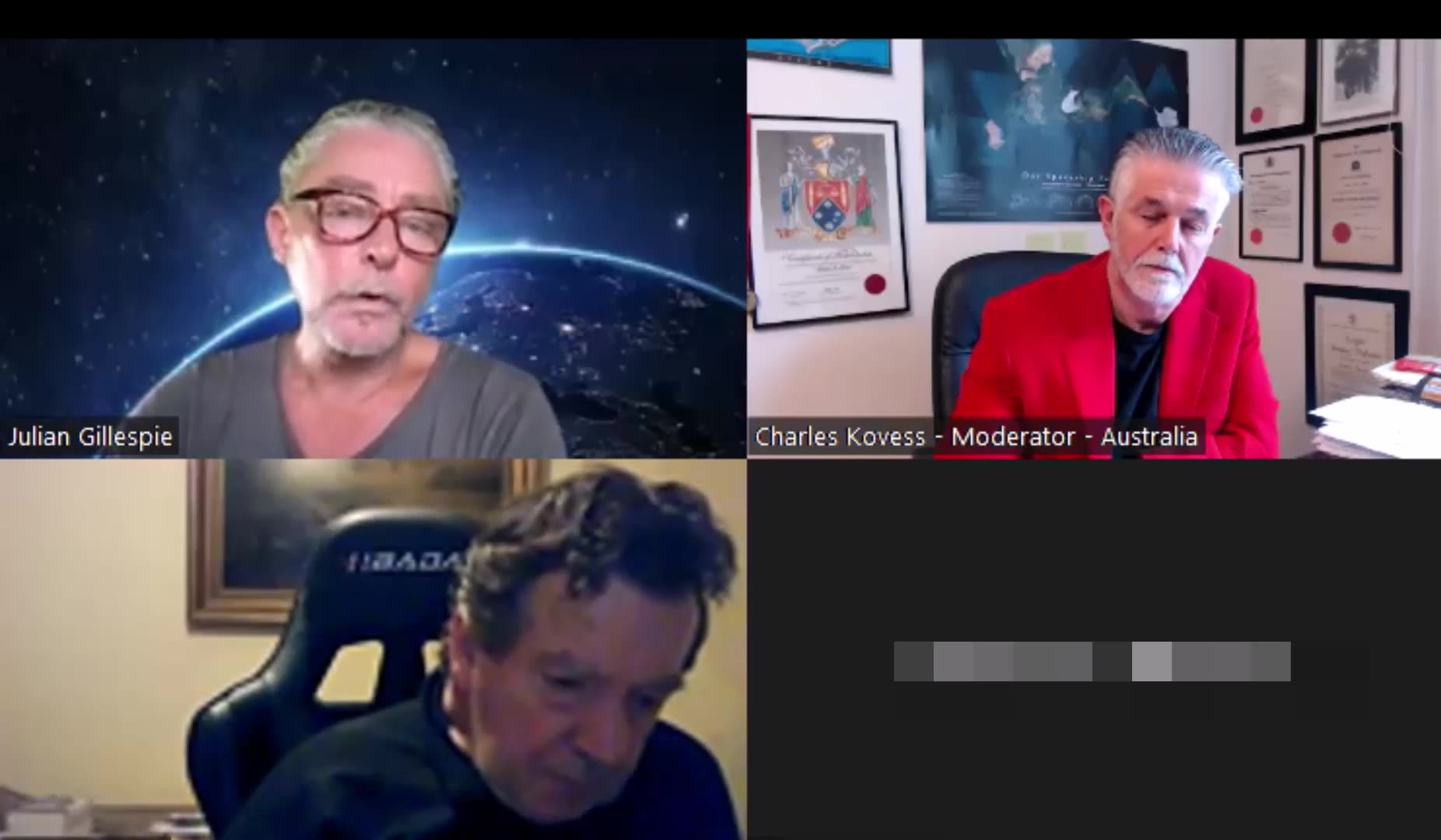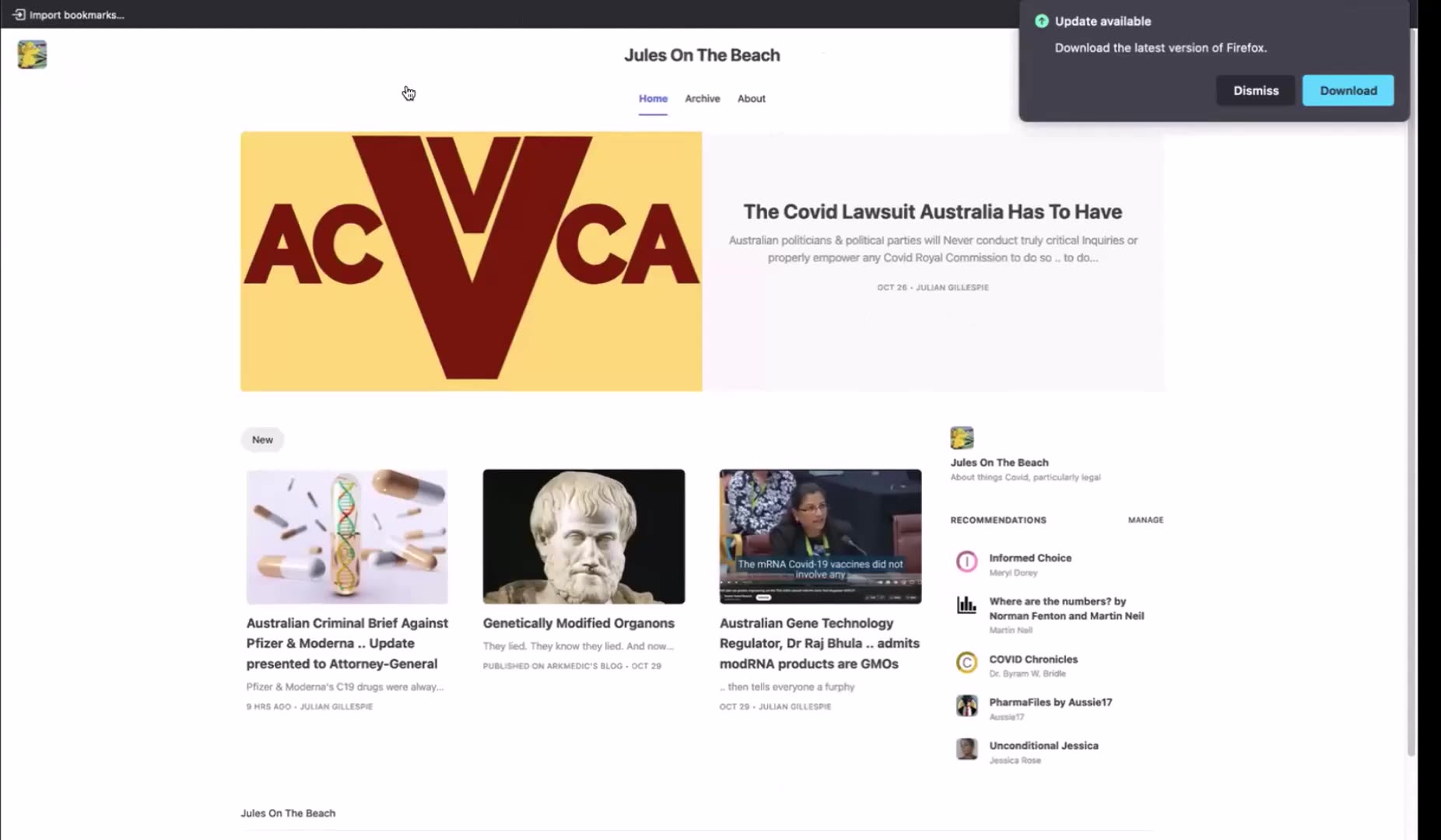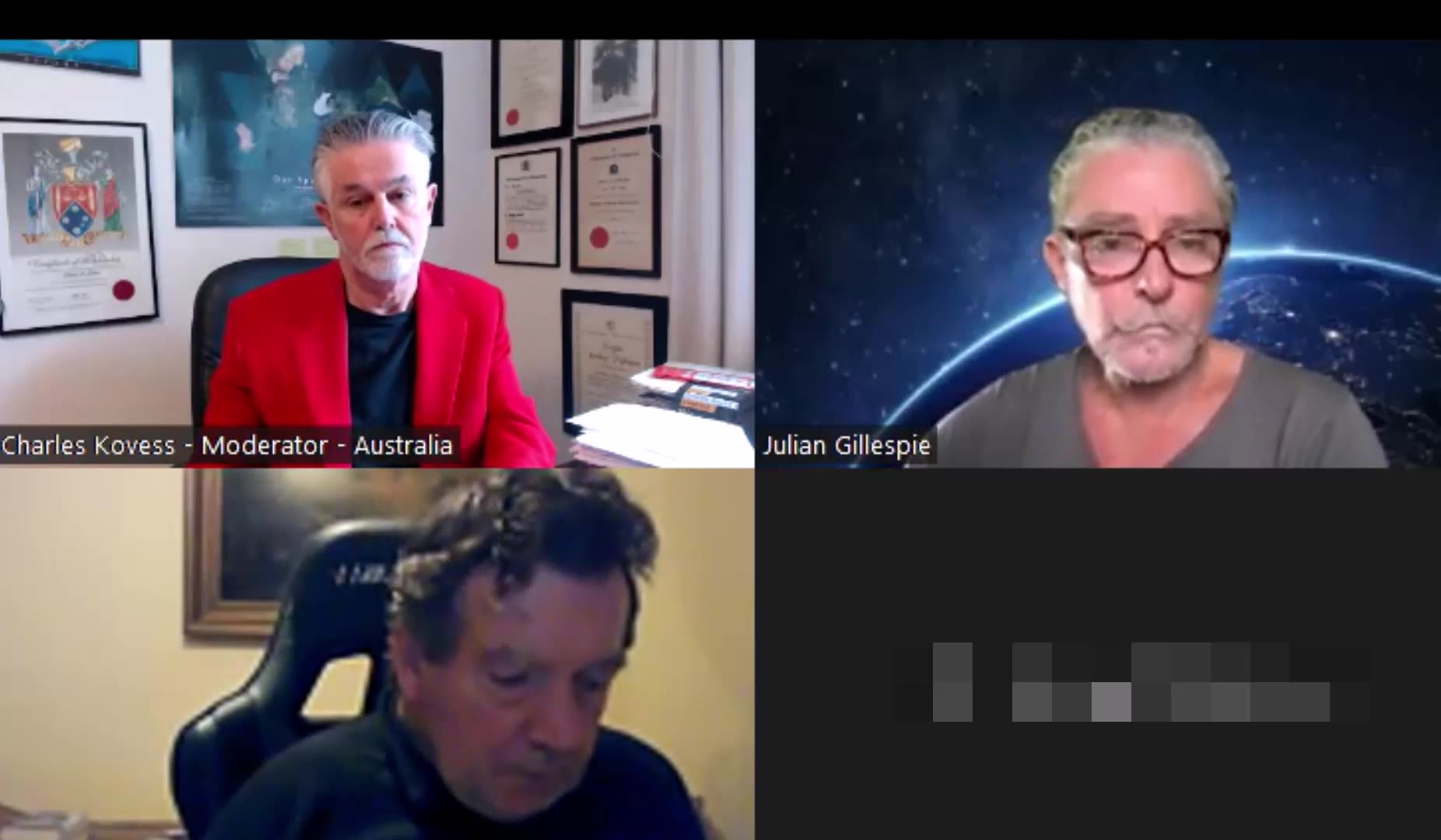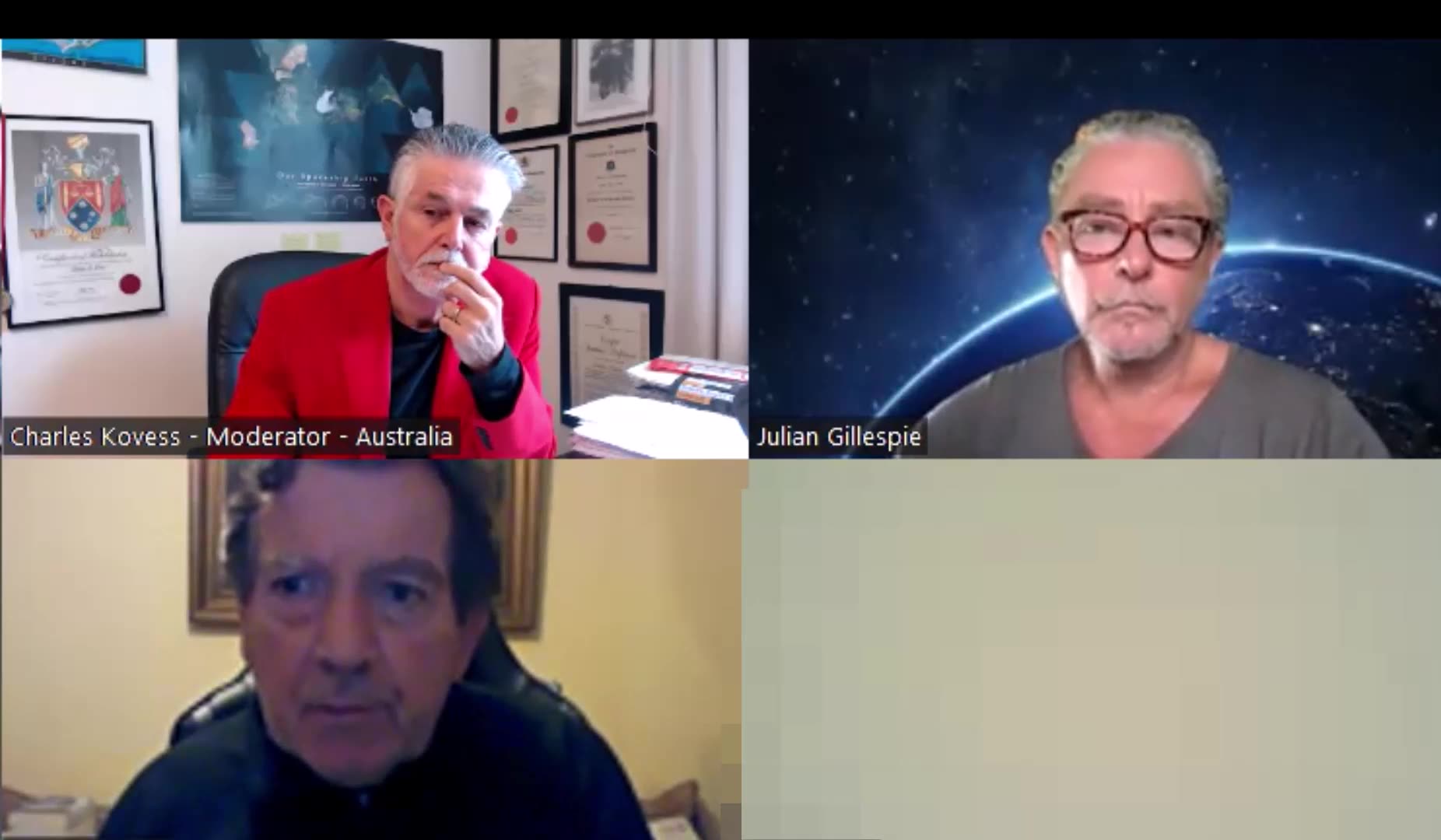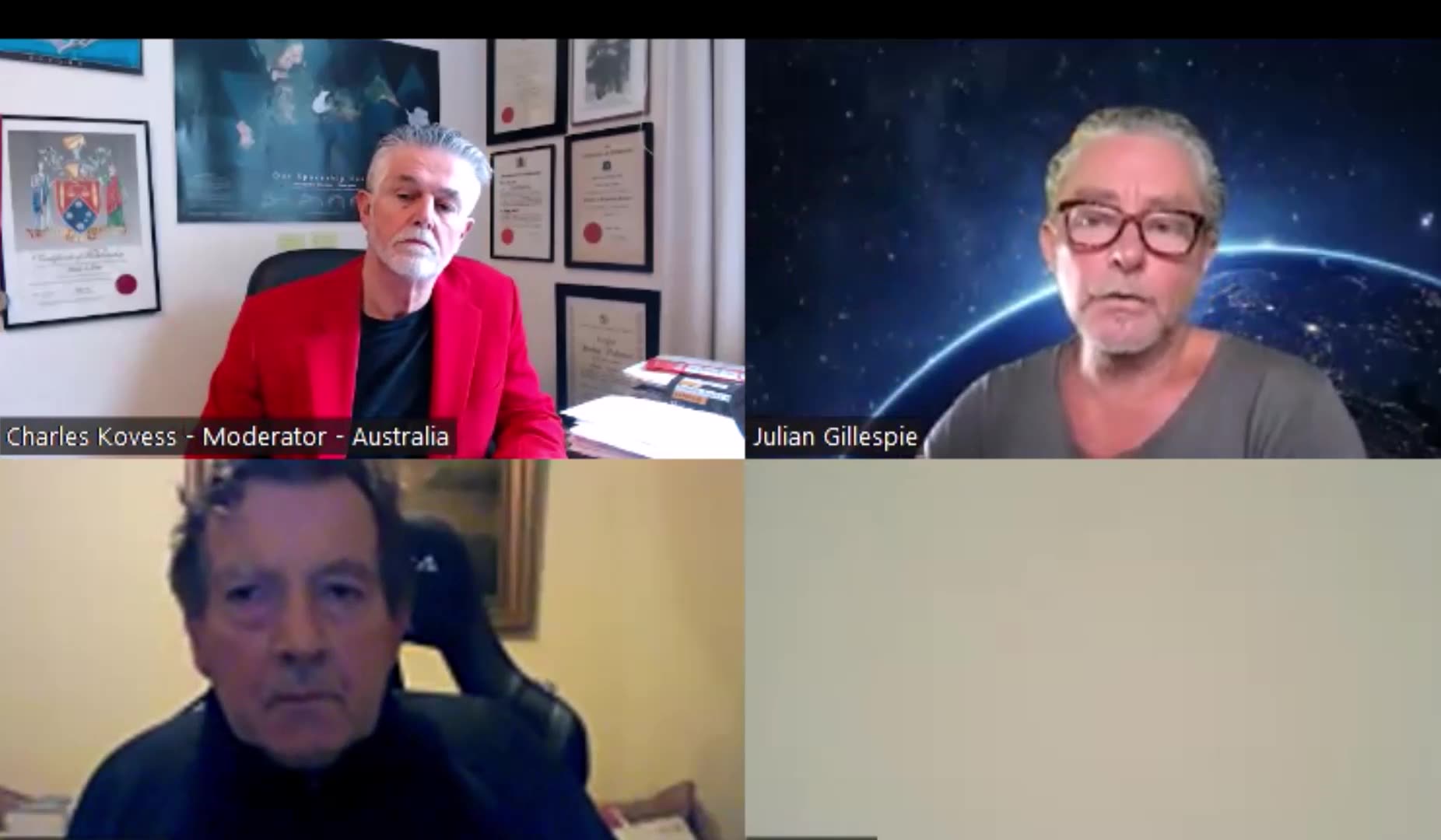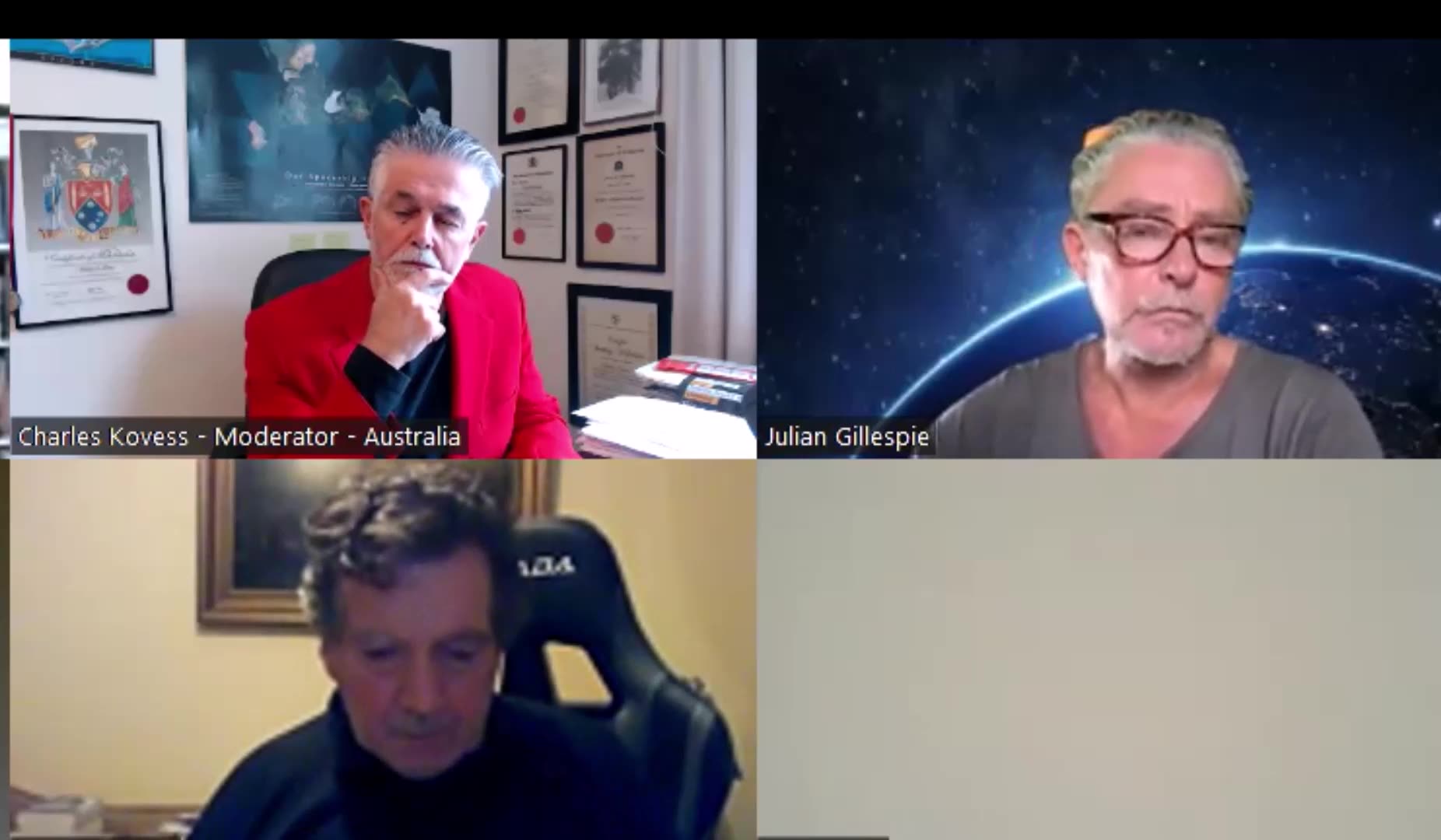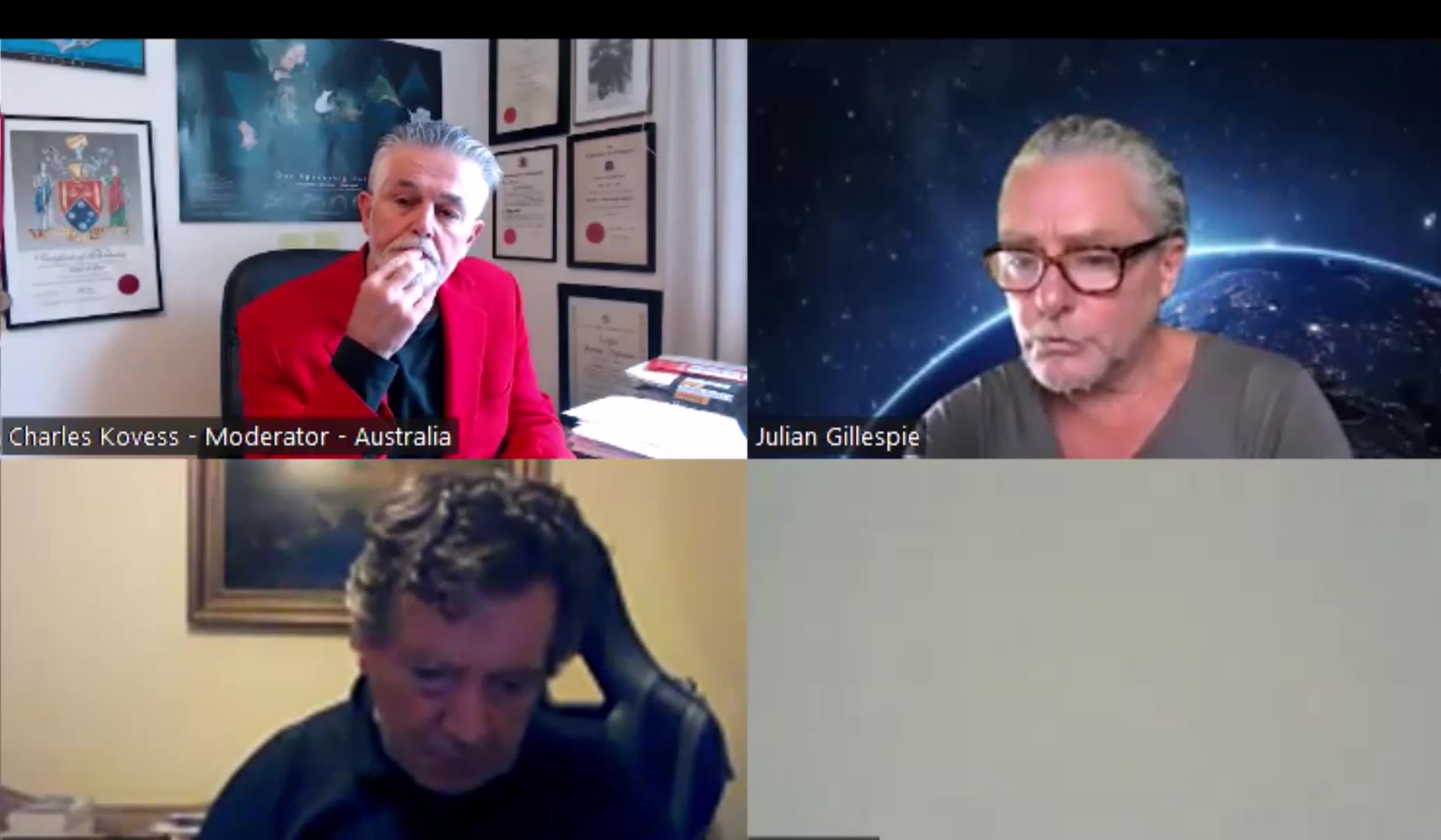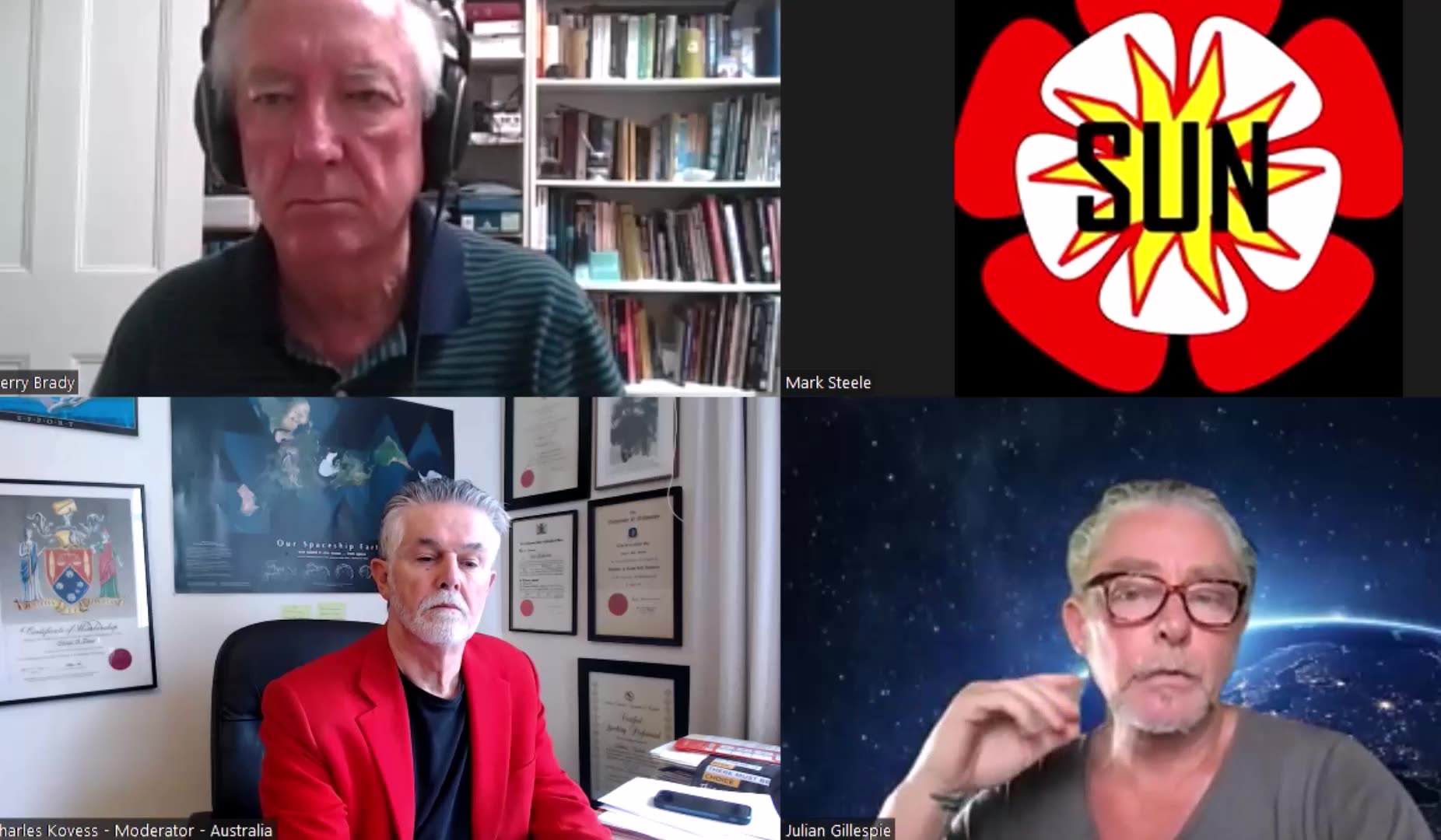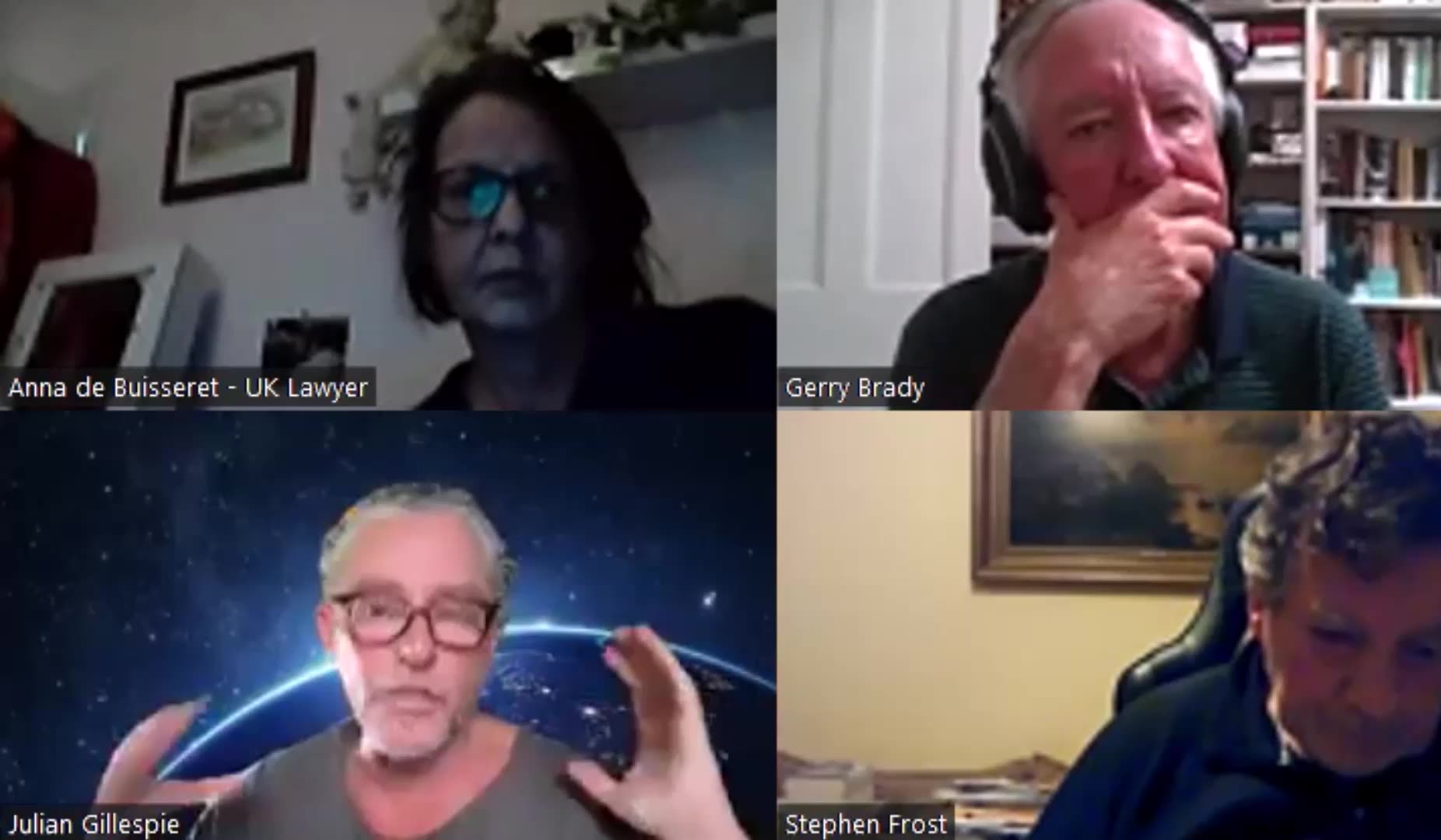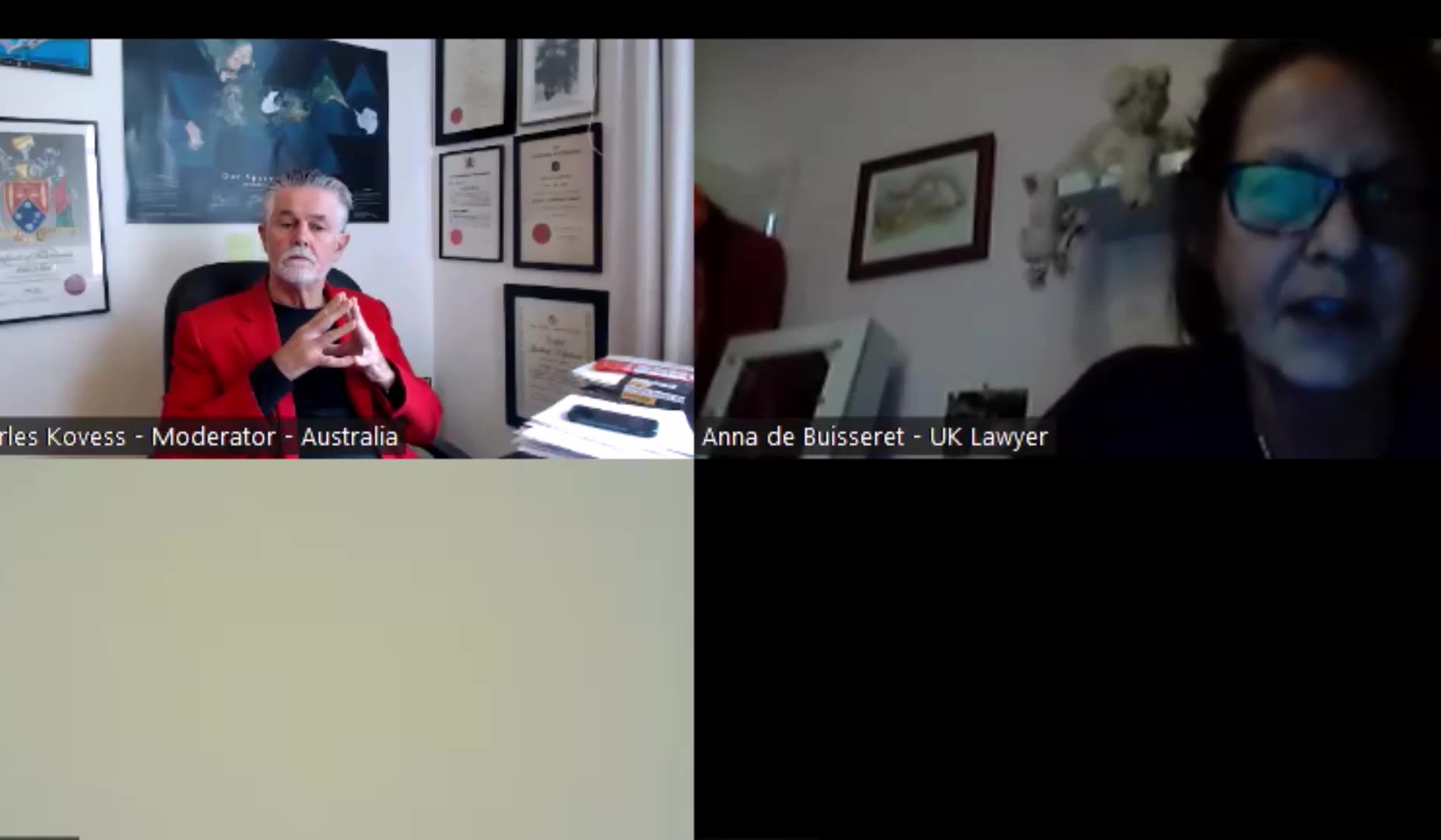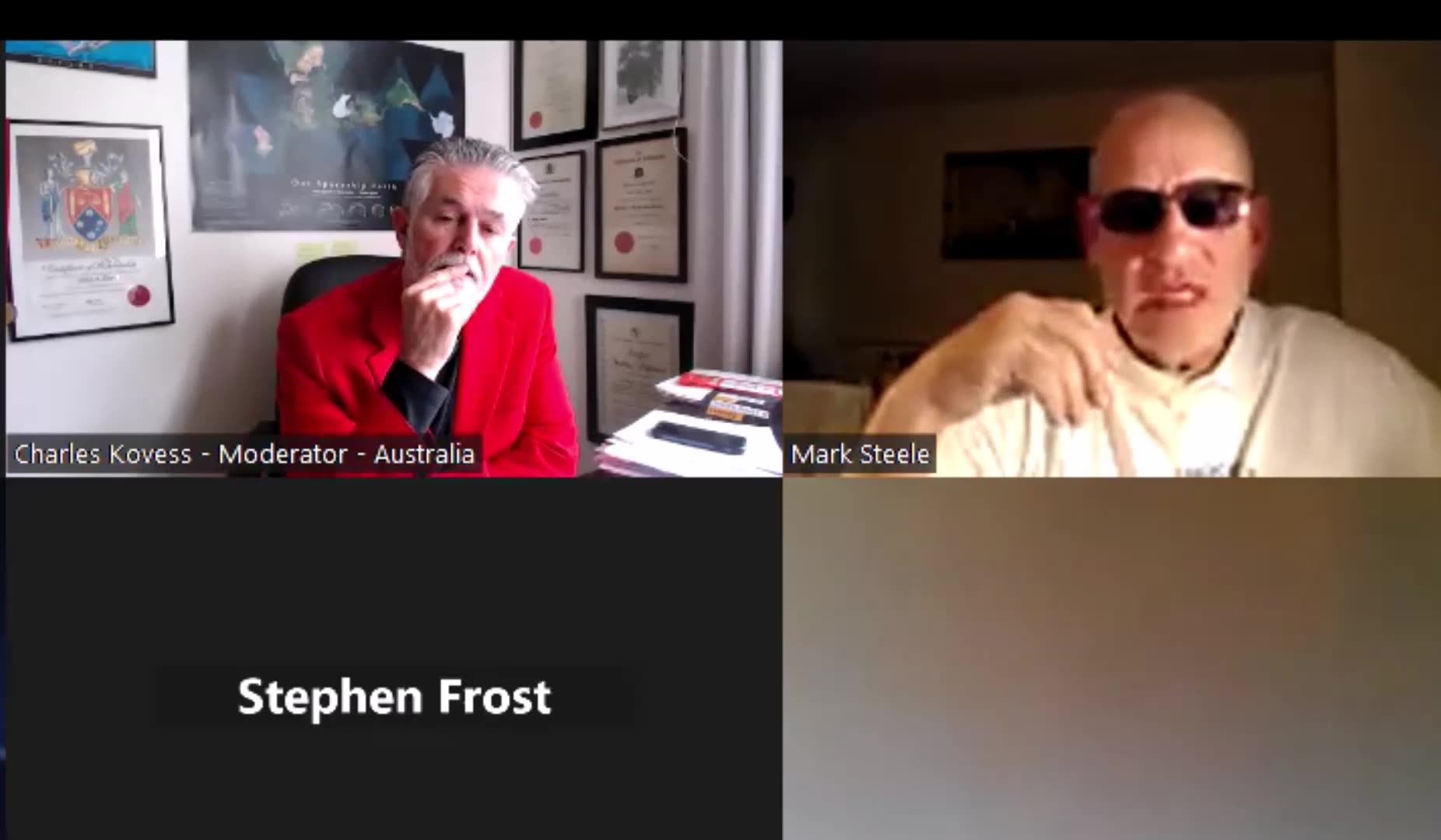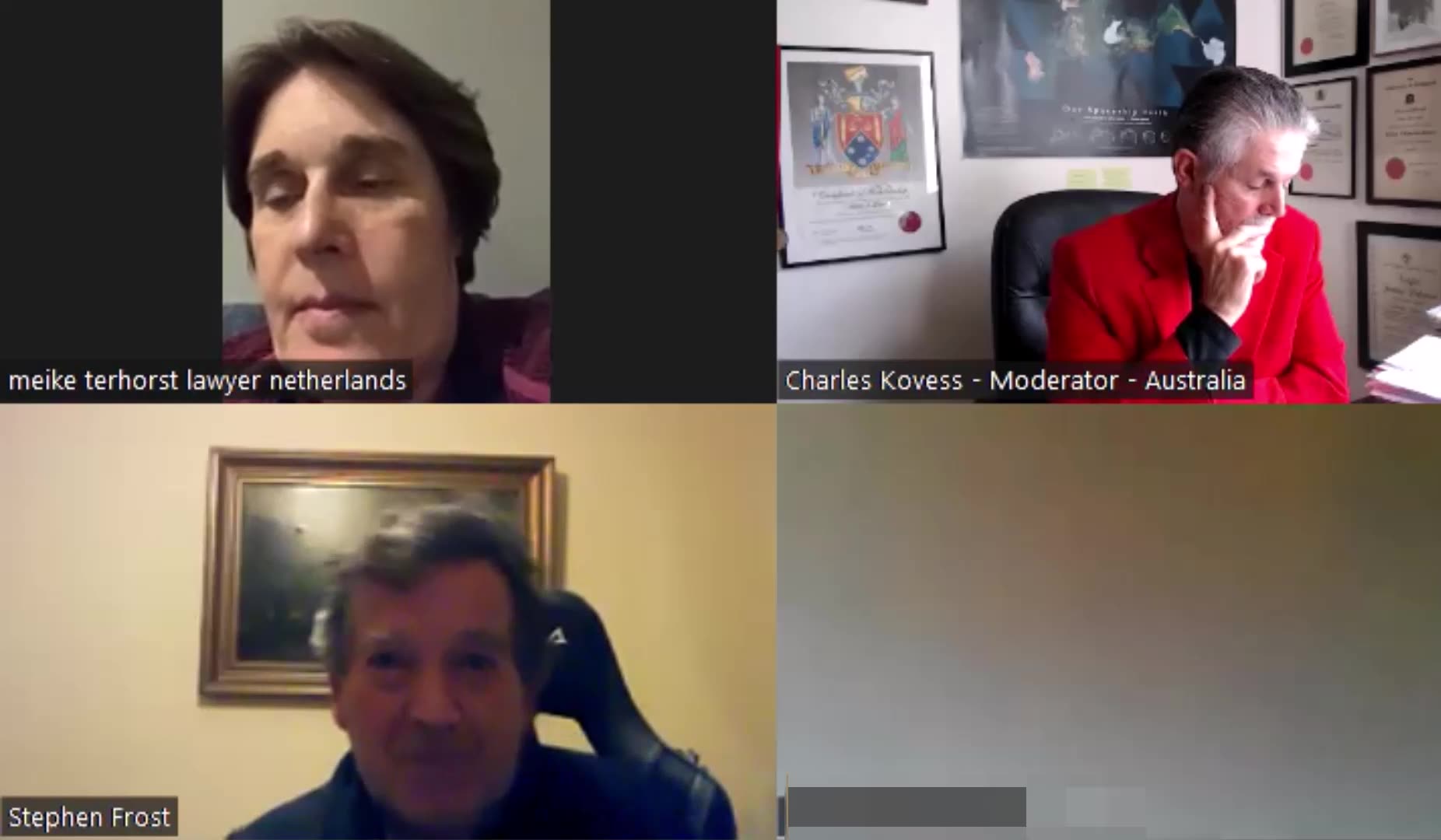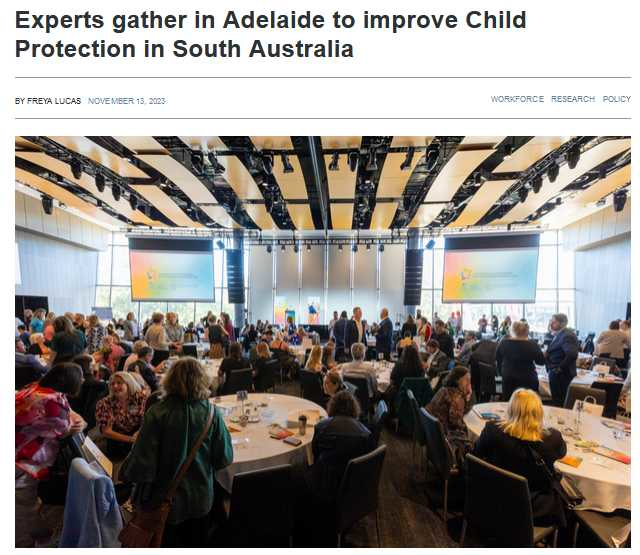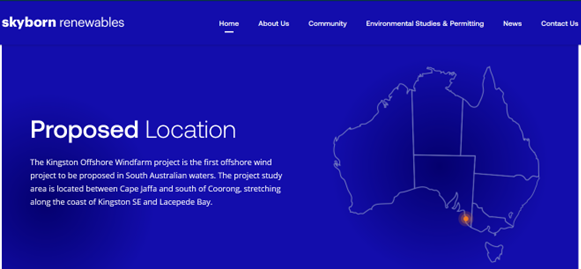
A friend recently alerted me to this 2021 ABC Article - October 15, 2021, Concerns for endangered whales amid proposed offshore wind farm slated for South Australia.
I need to premise this article with the disclaimer that I have been following the Climate Change debate for a while now, and have my own concerns about the authenticity of the people behind the push, so I remain sceptical about the messaging surrounding the catastrophic climate change emergency.
However some would say that the effects of Climate Change is hardly a debate, as many who are seeking the truth have discovered, many highly credentialed voices have, and continue to be censored by powerful and cashed up social media platform like Twitter and META, controlled and funded mainstream media organisations, while renewable lobbyists, and even our own politicians and bureaucrats get a platform.
So, naturally I started having a bit of a dig to see who was writing about the affects of offshore windfarms on marine life, and how they could be impacted by the ones proposed of the coast of Kingston, South Australia.
There are many but will list 4 to help readers get an idea about the concerns raised by Elizabeth Steele-Collins in the ABC article above.
- One Energy, Negative effects of Wind turbines.
- Sinai Maritime Data Solutions, June 16, 2022, Does Offshore Wind Affect Marine Life?
- ReefCause Conservation, July 25, 2021, The Effects Of Offshore Wind Farms On Marine Life
- Marine Madness, August 14, 2020, The effects of offshore wind farms on marine life
The concerns raised in these article are very similar and I list them below, but I encourage the reader to examine the articles to unpack the individual points.
Threat to wildlife
Wind turbine vibration
Construction site activities
Noise Pollution
Electromagnetic fields
Metal pollution
Artificial reef effect
Decommissioning
Also to be considered is the below excerpt from IMPACTS ON SEA BIRDS
The influence of offshore wind farms on birds can be summarised as follows:
- Collision risk;
- Short-term habitat loss during construction phase;
- Long-term habitat loss due to disturbance from wind turbines installed and from ship traffic during maintenance;
- Barriers to movement in migration routes; and
- Disconnection of ecological units.
(Exo et al, 2003)
The methodology proposed by Fox to support EIAs of the effects on birds of offshore wind farms reveals the great complexity of the analysis. The relationships between offshore wind farms and bird impacts must be analysed by gathering information about avoidance responses, energetic consequences of habitat modification and avoidance flight, and demographic sensitivity of key species (Fox et al, 2006).
Figure 2.2: Flow Chart of Hazards Factors to Birds by Offshore Developments.

Note: Boxes with a solid frame indicate measurable effects, boxes with a double frame indicate processes that need to be modelled.
Source: Fox et al. (2006), courtesy of the British Ornitologists' Union (BOU)
But with Offshore wind set to make Australia an energy Superpower according to UTS, the concerns raised by marine environmentalists may fall on deaf ears, or simply railroaded into submission with favourable counter studies.
Who are the organisations behind the Kingston Windfarm Project
The ABC article quotes The proposal was logged in late August by SA Offshore Windfarm PTY LTD, a subsidiary of Australis Energy. "Australis Energy is registered in England and Wales, is an offshore windfarm developer / origination company, with significant project delivery experience in the UK. The company is focused on opportunities offshore Australia where three projects are being pursued with Joint Venture Partner, Skyborn Renewables (previously called wpd), in Victoria, South Australia and Western Australia."
Now its important to note that Skyborn was born out of Global Infrastructure Partners (“GIP”),who incidentally purchased WPD, Skyborn was launched in 2022 with 20 years' experience, confused yet?
Anyway, it appears as though GIP is the parent company to SA Offshore (aka Australis), Skyborn (aka WPD), and it seems Windfarms isn't the only Australian infrastructure portfolio GIP will manage, here are some they already manage.
I for one have concerns about the ongoing push for Globalisation which has incrementally crept up on us for at least the last 100 years with familiar names of Rockefeller, Bilderbergers, Sorros, Buffett, Gates, Schwab, et al. Currently one of the main drivers for renewables and the climate change agenda is the World Economic Forum (WEF) and their One World Government you will own nothing and be happy mantra, along with other United Nations members who recently flew in with their private jets from around the world to Egypt for COP27 and met to discuss how to lecture us plebs about the flatus we produce. But that's for another time or others to unpack further, I for one am concerned about globalist organisations like the above, but including GIP who controls critical Australian infrastructure let alone all those in other regions of the world.
The cost of Renewables to South Australian Consumers
As recently as November 2022, Adelaide's Advertiser reported that South Australian's are paying the nations highest power prices, so you could imagine my surprise when I came across this article again by ABC News with a report from Curious Adelaide from 5 Years ago
From this article, Electricity expert Reza Evans gave some insight into some of the contributing factors to South Australia's high energy pricess.
"Reza told us the driving force in recent price hikes has been a tightening of supply and demand, which kicked off with the closure of the state's last operating coal power plant at Port Augusta.
"Probably the main one in South Australia has been the removal of Northern Power Station which was a 540-megawatt power station that was baseload, fairly stable, fairly low cost," he said.
"What effectively has replaced Northern Power Station has been more renewables and also more interconnection between us and Victoria."
And this,
" The problem is compounded by the fact that wind and solar have inherently different characteristics to traditional thermal power plants when it comes to managing things like frequency and voltage.
At times of high renewable output and low demand, authorities are now intervening in the market and ordering more expensive gas generators to switch on.
That's because if the power mix suddenly changes, there's risk of the grid collapsing and a statewide blackout.
South Australia also has a very high concentration of generator ownership in the hands of just a few businesses.
For instance, one company — AGL — supplies 48 per cent of the state's retail customers and controls 42 per cent of generation capacity.
The big three — AGL, Origin and Energy Australia — have more than 70 per cent of the market. And that can make life difficult for new competitors."
"Hedging bets a barrier to competition
Here's where things get really tricky.
Households like to pay steady prices for their power but the wholesale market is extremely volatile.
For that reason, the power retailers and big power users often enter complex hedge contracts with generators to lessen their exposure to market volatility.
Essentially, hedge contracts enable energy retailers to pay energy generators more for power to share some of the risk of wild swings in spot prices.
But the problem is, in South Australia, not many hedge contracts are being signed.
Reza Evans says the big power retailers who also own generation (the gentailers) like AGL, Origin and Engie can internally hedge their own risk.
But it's a different story for second-tier retailers, like Alinta, Red Energy, Power Direct and Dodo.
"If you haven't got physical generation, you're forced to go and buy hedges. And that is problematic in South Australia."
The ACCC has reported similar worries. It says limited access to hedging contracts is "a significant concern in South Australia" and "a barrier to entry".
The competition watchdog says it's aware of at least one retailer which has chosen not to enter SA due to contract liquidity issues.
It all sounds complex, but it's not really. High market concentration leads to less competition, which leads to higher prices."
AND THIS IS MY CONCERN WITH Global Infrastructure Partners (“GIP”), mentioned above.
South Australian Council involvement for the Climate Emergency Push
My other concern of course, is the double down approach by councils, their members, prior members and organisations who have been emboldened by Premier Malinauskas's climate emergency declaration.
Sixteen of the state’s 67 councils have already declared a climate emergency so the state government is not alone in its efforts. -
According to this website, the South Australian councils who are supporting this push are:
Adelaide Hills Council, Alexandrina Council, City of Adelaide, Burnside, Campbelltown, Charles Sturt, Gawler, Holdfast Bay, Light Regional, Mitcham, Mt Barker, Murray Bridge, Port Adelaide Enfield, Port Lincoln, Salisbury, Victor Harbor
It is no secret that large globalist organisations who have a vested interest in the Climate emergency are providing training to councillors as we see in this response in 2014 and 2018 to Transition Gawler.
5. Tell us about your own personal initiatives to make your lifestyle sustainable.
I am a trained Climate Change leader, presenter, activist and lobbyist with Al Gores The Climate Reality Project
Question 4: What actions do you think Gawler Council should be undertaking with the broader Gawler community related to climate change?
My response to Questions 3 & 4, in no particular order, includes:-
Gawler Council joining ICLEI-Local Governments for Sustainability (see http://www.iclei.org/)
It seems Mt Barker Council plays a big part in ICLEI as well.
There is some critisism about the funding and support for ICLEI as part of the UN Agenda 21 and 30 projects, and interesting to note that Google Org is also supporting many initiatives with funding, so for some this would raise concerns seeing Googles massive financial reach and influence, particularly when coming under fire for it's search algorithms, which could be used to supress alternative climate change information, as well tracking capabilities which could lead to carbon credit / social credit initiatives.
It is not to far of a stretch to think that the penetration of cabinets is not also occuring to South Australian government tiers and large corporate institutions.
Were to from here?
Government money such as Australia's PM is promising isn't free, it’s at the expense incurred by current and future generations of tax payers. The well-coordinated forceful global push towards renewables is and will continue to hurt all Australians well into the future, so I quote Reza Evans again;
"Probably the main one in South Australia has been the removal of Northern Power Station which was a 540-megawatt power station that was baseload, fairly stable, fairly low cost," he said.
"This market is actually designed to do this. It's actually designed for high prices to occur, for investment to follow and for prices to reduce again. It's not what customers like, I don't like to see it either."
In my humble opinion, I recommend the brakes be applied until such time that we are in a better position organically to technologically and cost effectively move to a heavier reliance on alternative energies, however that may look, rather than having it forced upon the global community.
As it stands, I have to say I share many concerns raised by Ian Plimer, in this recent interview, this opinion piece and his book Green Murder.
And regardless of whether you agree with Ian or not, the gravest injustice is the fact that people such as Ian and there are many, are not being provided enough opportunity to debate and discuss their positions on major social media and mainstream media platforms, and that should concern all Australians, as Science must always be allowed to be debated, and only those who have something to hide would prevent that happening on a public forum.
Mark Neugebauer is a South Australian resident concerned about seen and unseen globalist individuals and organisations who seek to influence all aspects of our lives which could ultimately lead to the degradation of our inalienable human rights.
Mark Neugebauer has not received any direct funding from any individual or organisation mentioned in this article, however this does not prevent those mentioned becoming a supporter of this platform.
Want to reach out or become a contributor? Reach out - [email protected]


